🌍 Digital Marketing for the Metaverse: Building Brands in Virtual Worlds
The internet is evolving—again. As the lines between reality and virtual space blur, brands are beginning to stake their claim in the Metaverse. But what does digital marketing look like in a world where users interact through avatars, own virtual real estate, and shop in digital malls?
Welcome to Metaverse Marketing — where your next customer might be wearing a headset.
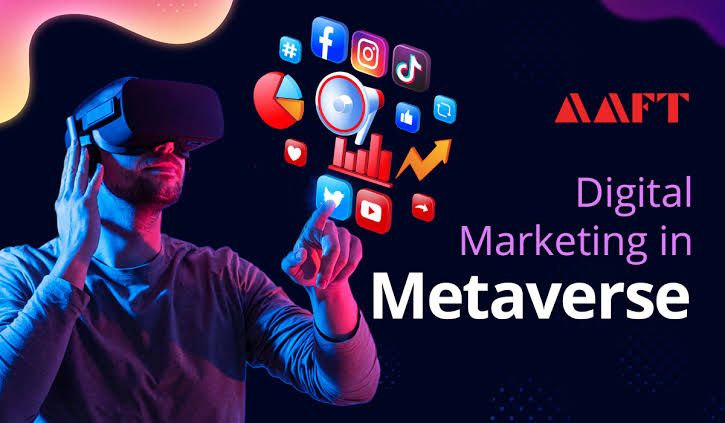
What is the Metaverse ?
The Metaverse is a collective, immersive digital space built on virtual reality (VR), augmented reality (AR), and blockchain. Think of it as a 3D version of the internet — persistent, interactive, and shared.
Platforms like Decentraland, Roblox, Horizon Worlds, and The Sandbox are early versions of this virtual frontier.

Why the Metaverse Matters for Digital Marketers
Digital identity is becoming more personal.
People are customizing avatars, outfits, and spaces — and brands can be part of that self-expression.
Virtual real estate is real marketing space.
Companies are buying plots of land to host branded experiences, concerts, or stores.
NFTs and Web3 change the rules of loyalty.
Digital assets (like NFTs) offer new forms of brand ownership, status, and rewards.
Hyper-immersion = hyper-engagement.
You’re not just watching an ad—you’re living it in 3D space.
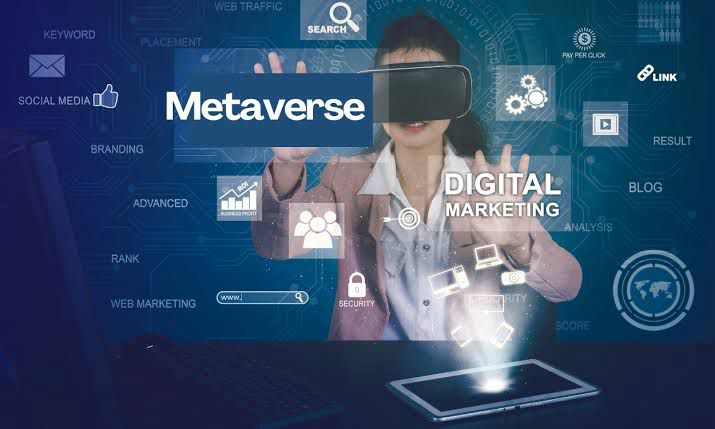
Real-World Examples of Metaverse Marketing
Nike launched Nikeland in Roblox, where users can play games and wear virtual Nike gear.
Gucci created a virtual exhibition and sold limited-edition virtual bags (one of which resold for more than the physical version!).
Wendy’s entered Fortnite with a virtual character that promoted their “fresh, never frozen beef” by destroying freezers in-game.
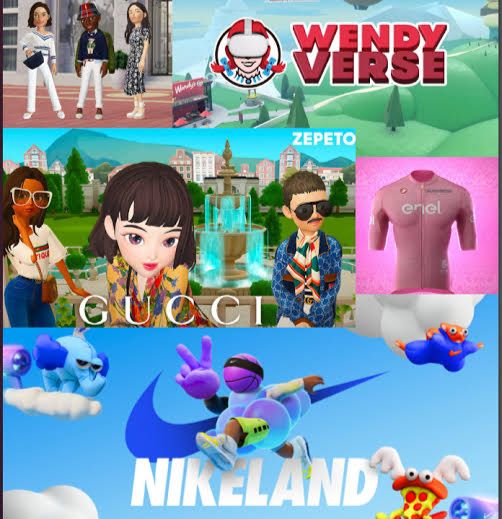
How to Start Marketing in the Metaverse
Create a branded VR experience (product launch, art gallery, interactive game).
Collaborate with digital creators or influencers inside virtual platforms.
Sell branded NFTs or wearable merchandise for avatars.
Run live events like concerts or workshops inside VR spaces.
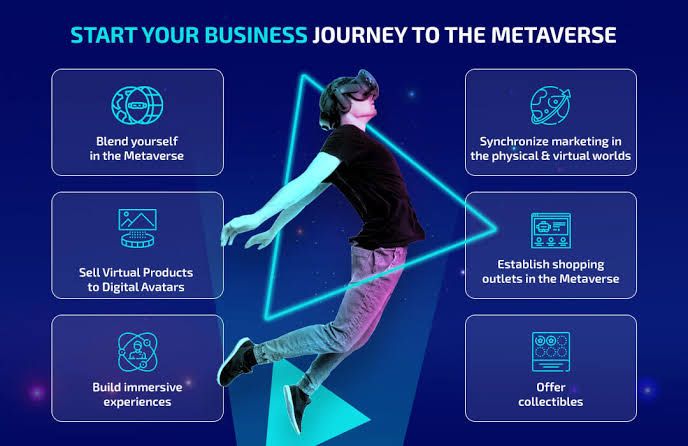
📈 Metaverse Marketing Strategies for Brands
If you’re planning to enter the Metaverse, here are actionable strategies to consider:
Virtual Storefronts
Create 3D retail environments where users can explore your products. These spaces can be gamified or include live events and limited drops.
Avatar Wearables
Design branded clothes or accessories for avatars. This allows fans to express their love for your brand in a personal and creative way.
NFT-Based Loyalty Programs
Replace traditional punch cards with NFTs that offer tiered benefits — early access, private events, discounts, or exclusive content.
Immersive Experiences & Storytelling
Tell your brand story in the form of interactive environments, narrative-based games, or AR/VR events that users can explore.
Metaverse Influencer Collaborations
Just like TikTok or Instagram, the Metaverse has its own influencers and creators. Partner with digital creators who have loyal followings in Roblox, Fortnite, or VRChat.
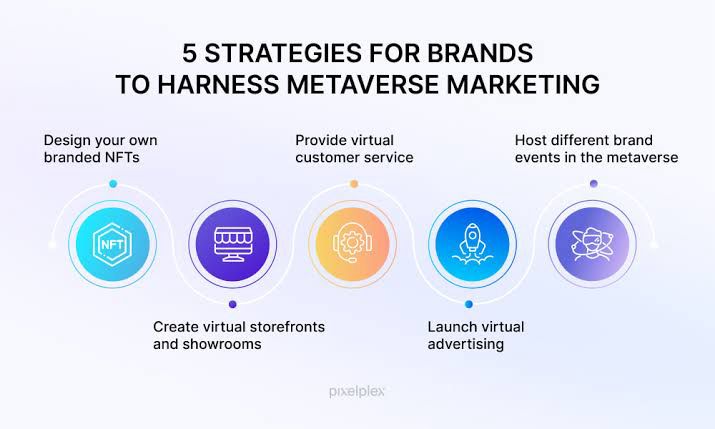
🤖 Challenges to Consider
While the opportunities are huge, Metaverse marketing isn’t without challenges:
Technological barriers – Not everyone owns a VR headset or understands Web3.
Platform fragmentation – There’s no single Metaverse. You’ll need different strategies for each platform.
Privacy and security – With increased immersion comes greater responsibility to protect user data and digital identities.
ROI measurement – Traditional KPIs like impressions or CTR may not apply. Engagement in the Metaverse may require new metrics (e.g., time spent, interactions, NFT redemptions).
🔮 The Future: How the Metaverse Will Transform Marketing
Virtual Influencer Economies – AI-generated influencers like Lil Miquela will host events, launch products, and build relationships inside the Metaverse.
Phygital Retail – Digital experiences that connect to physical ones. Imagine trying on clothes virtually, then receiving them in real life.
Persistent Brand Worlds – Always-on virtual environments where customers can hang out, shop, learn, or play — building emotional connections over time.
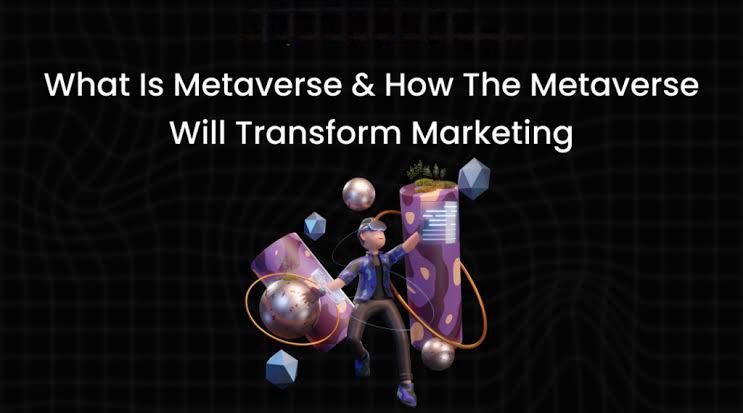
🧠 Final Thoughts
The Metaverse is not just a playground for tech giants — it’s a blank canvas for brand imagination. Whether you’re a small startup or a global enterprise, now is the time to experiment, learn, and innovate.
You don’t need to understand every piece of tech — you just need to start asking:
“How can my brand create meaningful, immersive experiences for a digital-native audience?”
Those who answer that now, will lead tomorrow.

Leave a Reply
Want to join the discussion?Feel free to contribute!